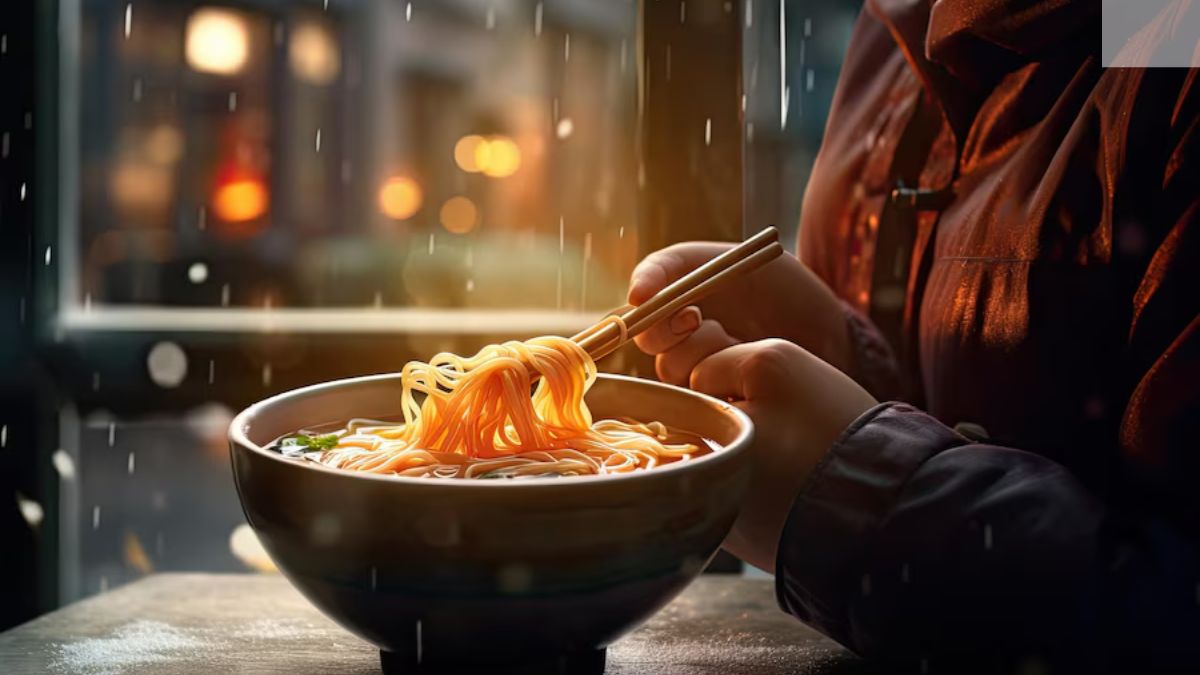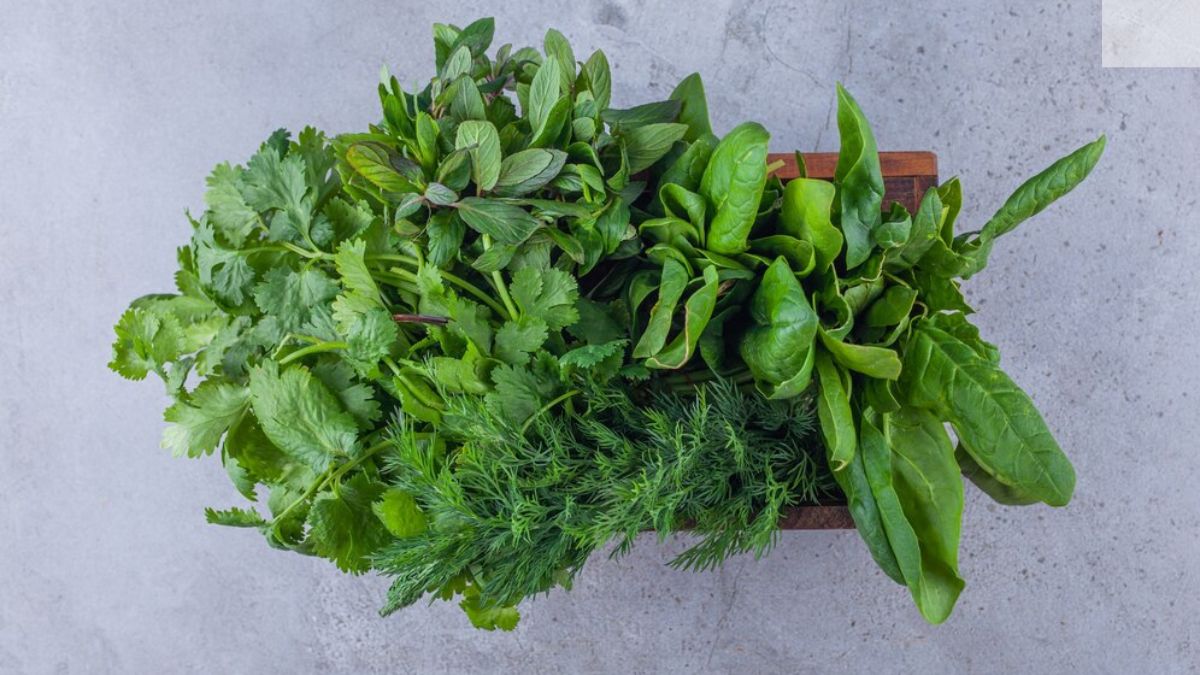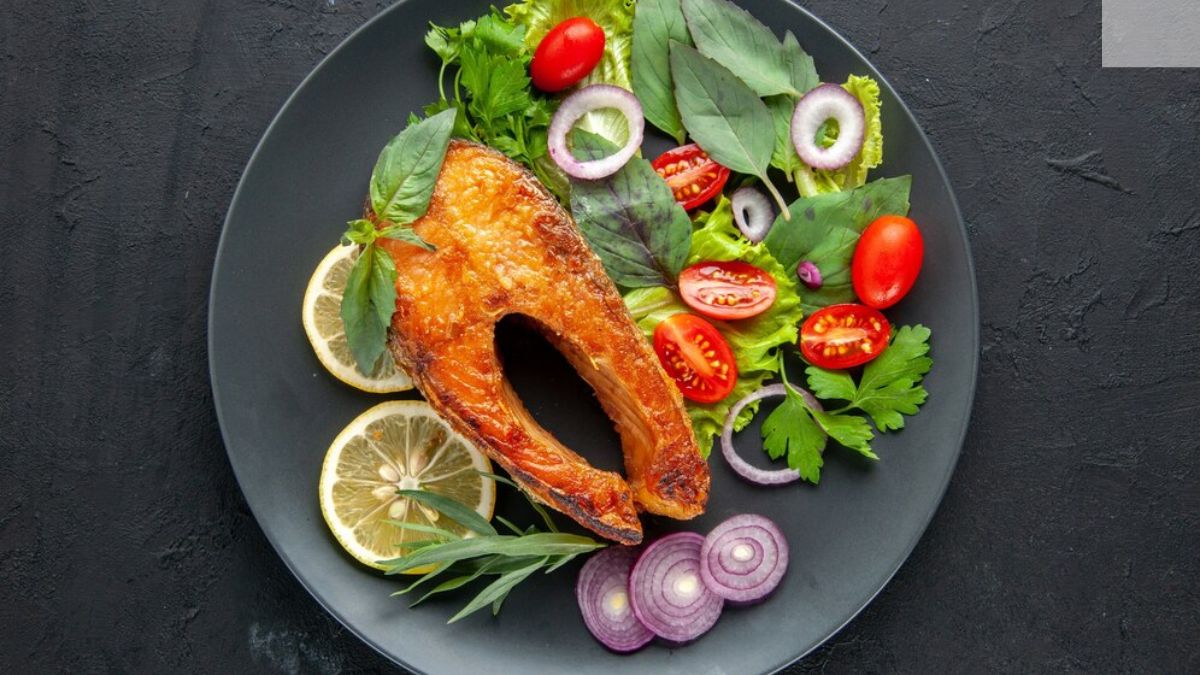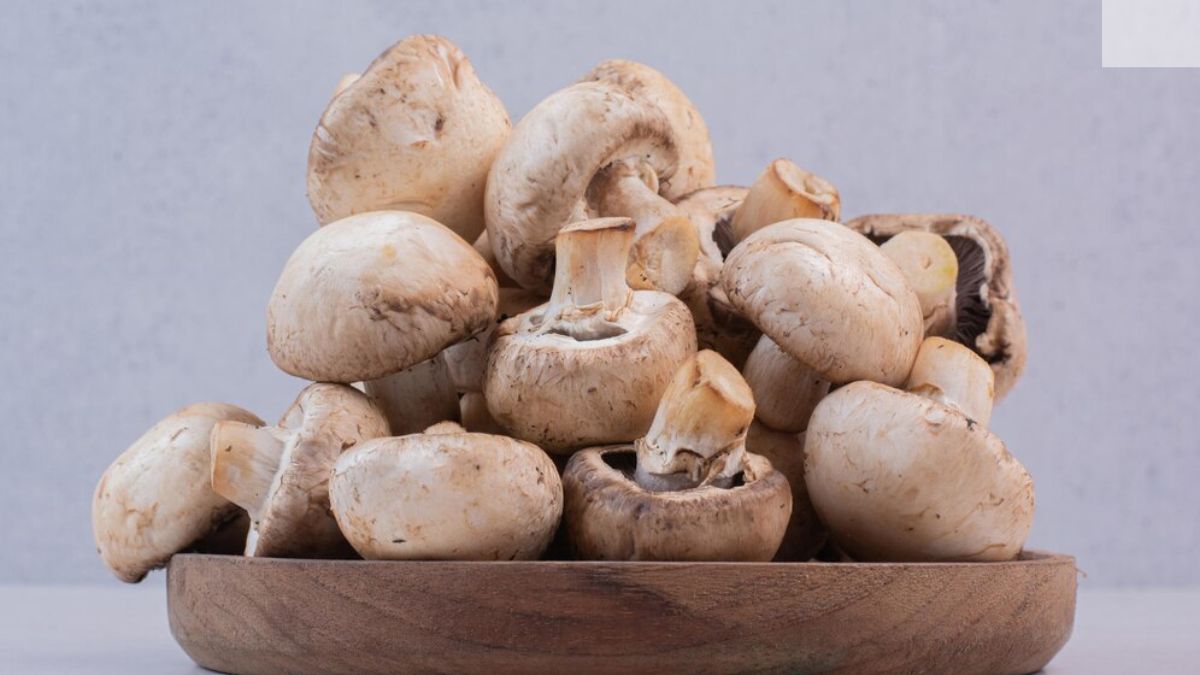
The monsoon season brings much-needed relief from the scorching summer heat. However, it also brings with it a host of health concerns, including waterborne diseases, digestive issues, and infections.
Table of Content:-
During this time, it is crucial to pay extra attention to what you eat to maintain good health. Certain foods can pose a higher risk of contamination or can exacerbate health problems during the monsoon. Here are some foods to avoid during the rainy season to stay healthy and safe.
Leafy Green Vegetables
While leafy greens like spinach, lettuce, and cabbage are usually considered healthy, they can be problematic during the monsoon season. The damp and humid conditions provide an ideal breeding ground for bacteria and other pathogens on these vegetables.
Here's why you should avoid eating leafy green vegetables during monsoon:
- Contamination Risk: Leafy greens can easily become contaminated with dirt, germs, and insect eggs due to the wet conditions.
- Digestive Issues: They are harder to clean thoroughly, increasing the risk of foodborne illnesses like stomach infections and diarrhoea.
Instead of leafy green vegetables, opt for vegetables like gourds (bottle gourd, bitter gourd) and pumpkin, which are easier to clean and less likely to harbour pathogens.

Street Food
Street food is popular for its taste and convenience, but it is best avoided during the monsoon.
Here's why the rainy season is not the best time to indulge in street food:
- Hygiene Issues: Street food is often prepared and served in open environments, making it susceptible to contamination from rainwater and flies.
- Water Quality: The water used in preparing street food may not be purified, increasing the risk of waterborne diseases like cholera and typhoid.
Instead of eating street food, prepare similar snacks at home using clean, fresh ingredients and safe cooking practices.
Seafood
Seafood is another food group that should be consumed with caution during the monsoon season. Here's why:
- Freshness Concerns: The monsoon is the breeding season for fish and other seafood, leading to a decrease in the availability of fresh, quality seafood.
- Increased Contamination: Fish and shellfish can spoil quickly in humid conditions, posing a higher risk of food poisoning.
If you must consume seafood, ensure it is fresh and sourced from reputable suppliers. Better yet, consider plant-based protein sources like lentils and beans.

Cut Fruits and Salads
Fruits and salads are generally healthy, but they can pose a risk during the monsoon if not handled properly. Here’s why you should avoid them:
- Bacterial Growth: Pre-cut fruits and raw salads can harbour bacteria, especially if they are not refrigerated or covered properly.
- Water Contamination: Fruits and vegetables washed with contaminated water can lead to infections.
Wash fruits and vegetables thoroughly and consume them immediately after cutting. Prefer eating whole fruits rather than pre-cut ones from street vendors.
Milk and Dairy Products
Milk and dairy products, if not handled with care, can cause health issues during the monsoon. This is because:
- Spoilage Risk: Dairy products spoil quickly in humid conditions, leading to the growth of harmful bacteria.
- Digestive Problems: Consuming spoiled dairy can cause food poisoning and digestive problems.
Instead, use pasteurised milk and ensure dairy products are stored properly. Opt for yoghurt and buttermilk, which are easier to digest and can boost gut health.
Also Read: Ear Infection Increases During Monsoon: Here's How You Can Deal With It Naturally

Mushrooms
Mushrooms are fungi and thrive in damp environments, which can make them risky to consume during the monsoon. Here’s why you should avoid mushrooms during monsoon:
- Contamination Risk: Wild mushrooms can easily become contaminated with harmful bacteria and toxins in humid conditions.
- Digestive Issues: Some mushrooms can be difficult to digest, potentially causing stomach upset.
Instead, choose fresh, farm-grown mushrooms and ensure they are thoroughly cooked before consumption.
Also Read: Monsoon Diet For Elderly: Foods To Eat And Avoid During Rainy Season
The monsoon season requires extra vigilance when it comes to food choices to prevent health issues. By avoiding foods that are prone to contamination and spoilage, you can protect yourself from infections and digestive problems. Instead, focus on consuming fresh, home-cooked meals, and practice good hygiene and food safety measures. This way, you can enjoy the monsoon season while staying healthy and safe.
Also watch this video
How we keep this article up to date:
We work with experts and keep a close eye on the latest in health and wellness. Whenever there is a new research or helpful information, we update our articles with accurate and useful advice.
Current Version
